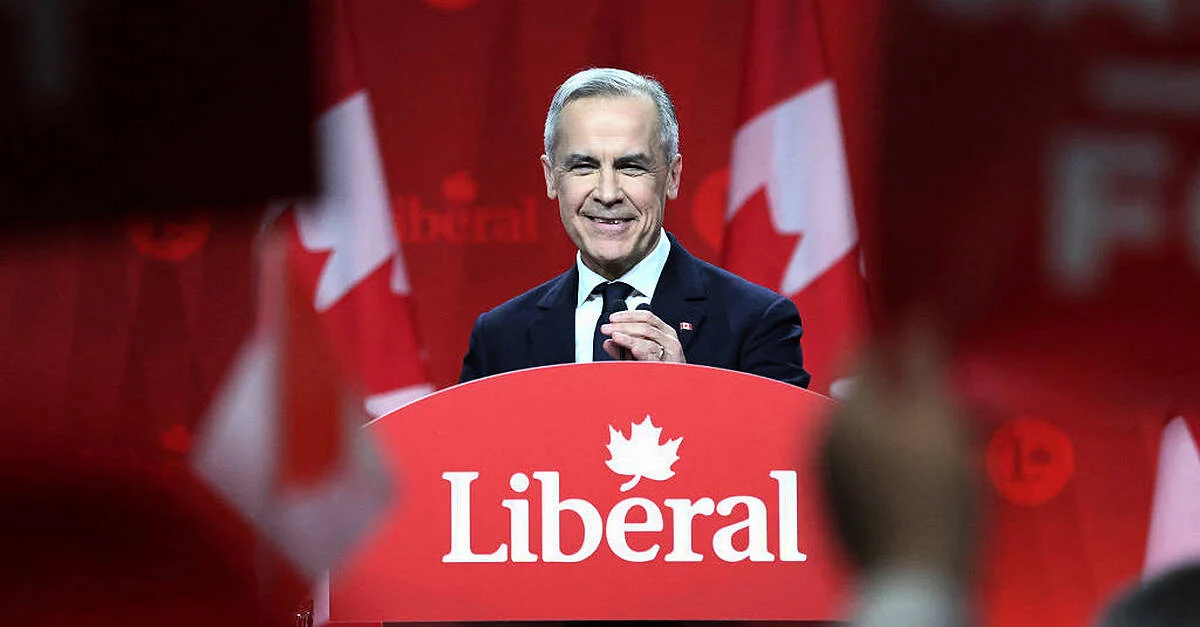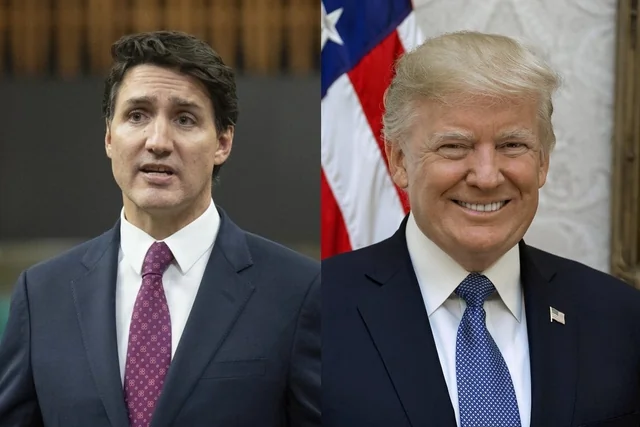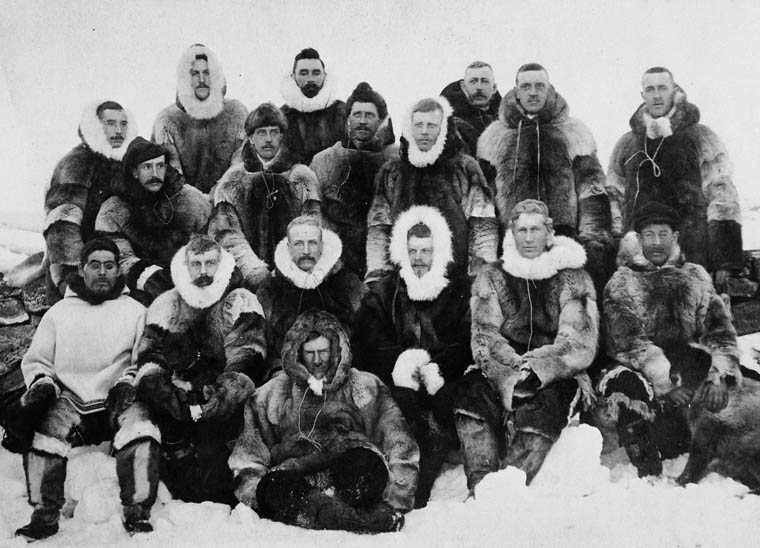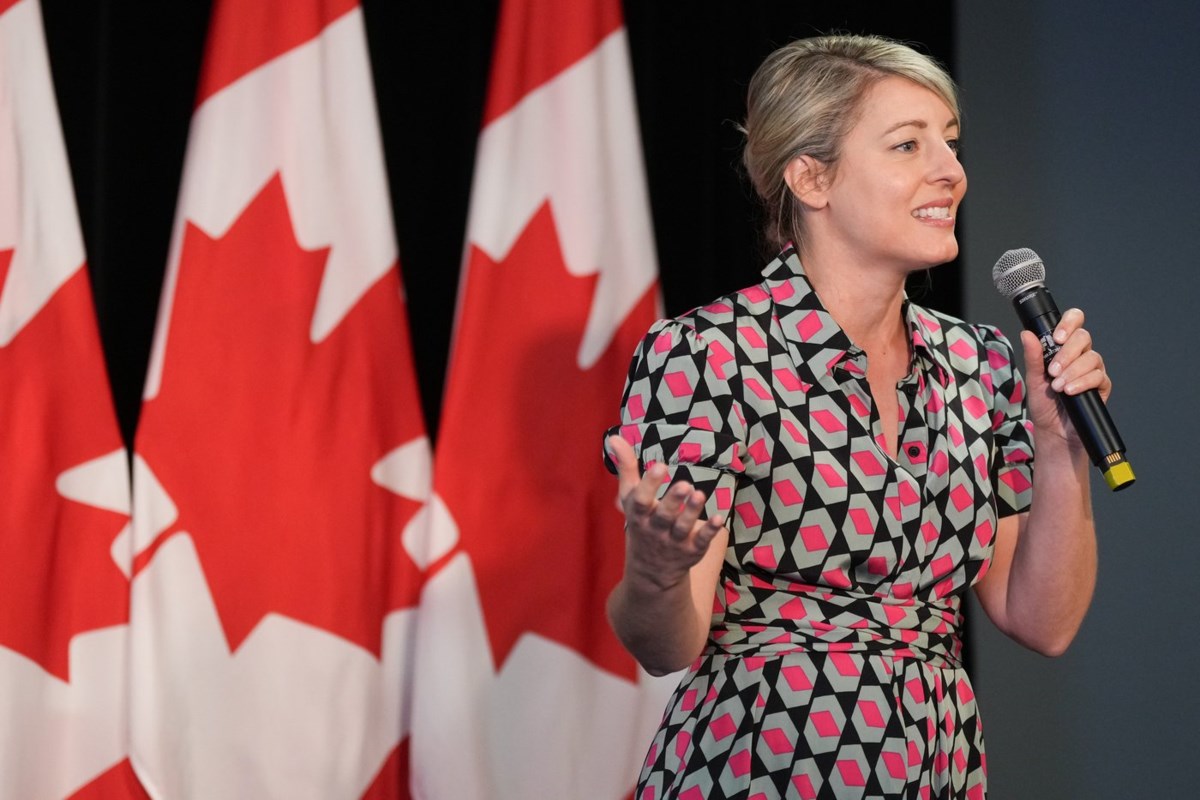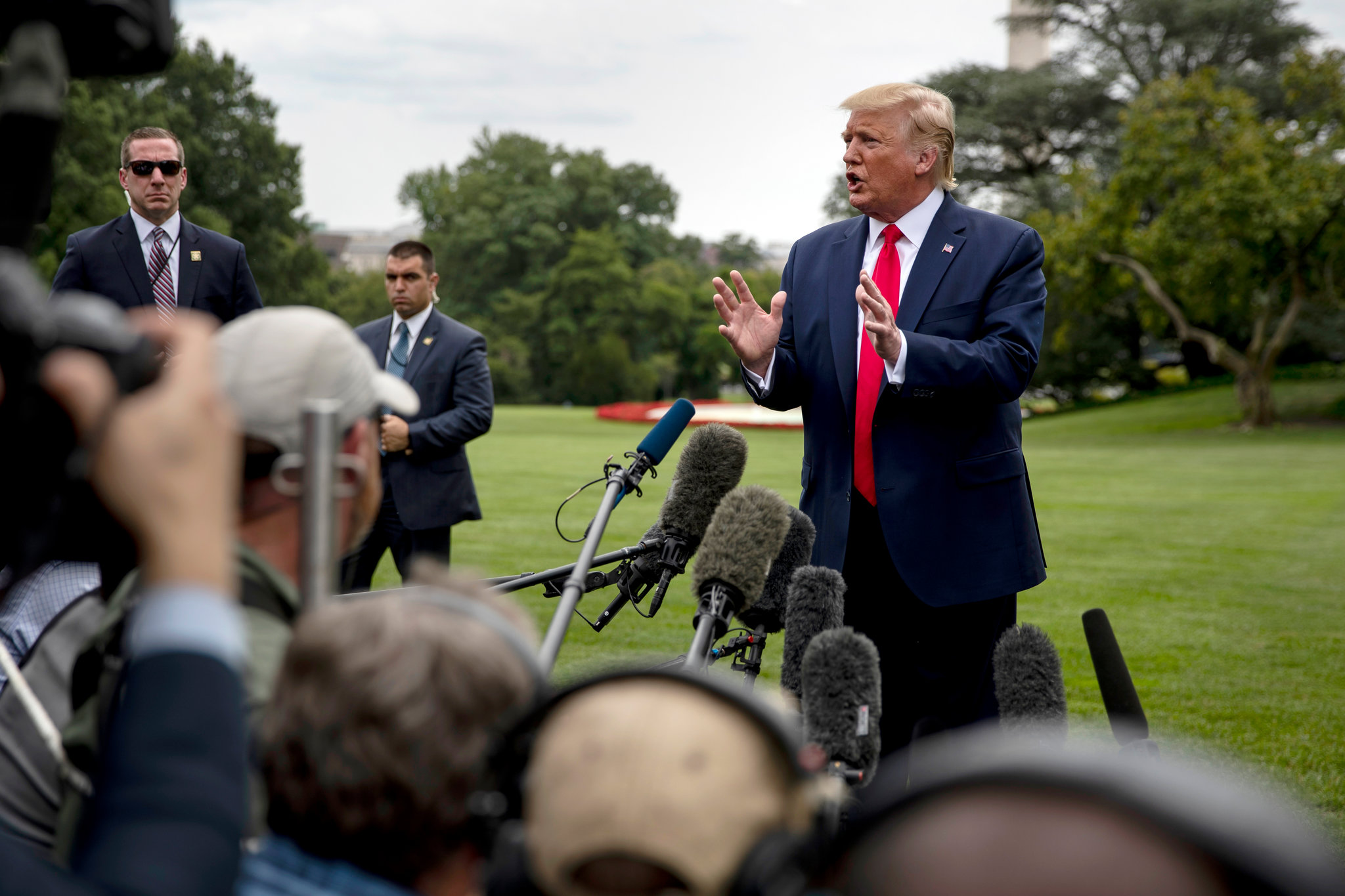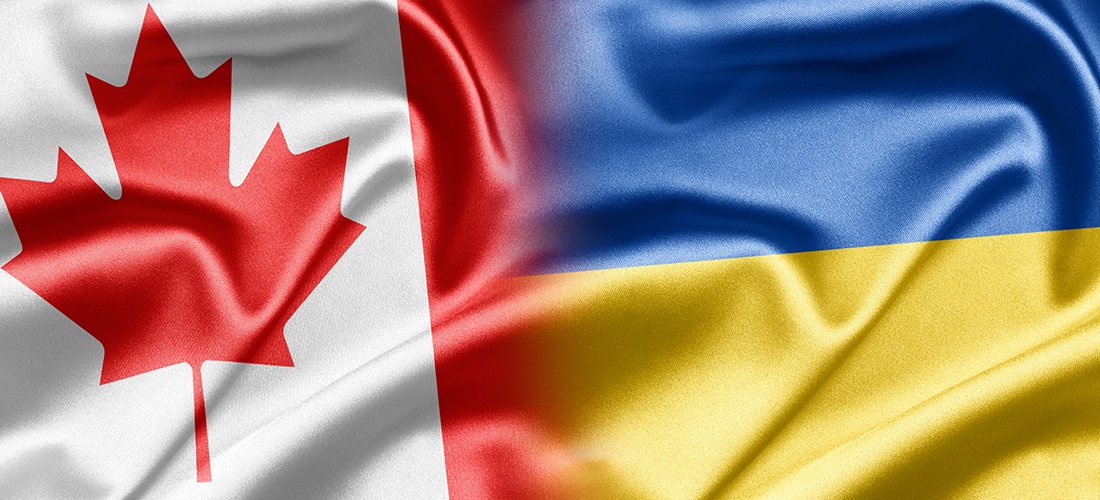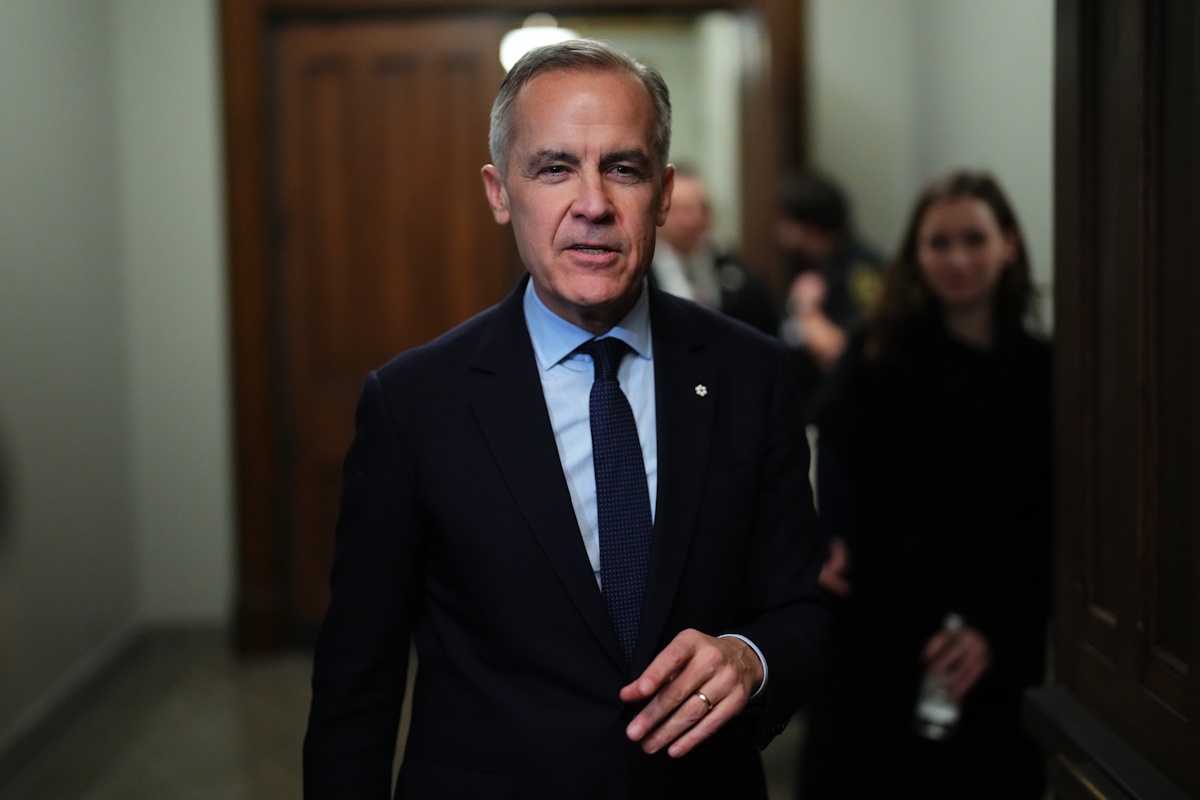Mark Carney, a candidate for the Liberal leadership, has announced that he has started the process of renouncing his British and Irish citizenship, leaving him with only Canadian citizenship upon completion.
At a leadership event in Oakville, Ontario, on Friday evening, Carney shared with reporters that he believes a prime minister should hold only one citizenship.
“I’ve already taken steps to renounce my citizenships with both the United Kingdom and Ireland,” Carney said.
Though Carney was born in Canada, he has held Irish citizenship for many years. He became a British citizen in 2018, five years after taking on the role of Governor of the Bank of England.
The former Bank of Canada governor also pointed out that there are several members of the House of Commons who hold multiple citizenships, and that past federal political leaders, including Conservatives, have held more than one citizenship as well.
“I’m not here to criticize others,” Carney remarked. “But for the role of prime minister, I believe it is important to have only one citizenship.”
In the 2019 federal election, the Globe and Mail revealed that then-Conservative leader Andrew Scheer had American citizenship by birth through his father, who was American. Scheer pledged to renounce his U.S. citizenship during his campaign but changed his stance after the Conservative party’s election loss. By 2020, he admitted he had halted the process, explaining that he no longer saw himself as becoming prime minister.
A News investigation found that at least 56 parliamentarians from the 2015-2019 term — including 44 MPs and 12 senators — had been born outside of Canada, with 22 of them holding citizenships from other countries.
Anand Shifts Course, Will Seek Re-election
Transport Minister Anita Anand, who was also at Carney’s Oakville event, shared with reporters that Carney encouraged her to reconsider her decision not to run for re-election and to re-enter the race.
Anand explained that Carney’s leadership experience and past work navigating economic crises influenced her choice to stand for re-election.
“Canada is facing a critical economic situation,” she said, referring to U.S. President Donald Trump’s upcoming tariffs set to take effect on Tuesday. “I cannot walk away from this moment. One day, I’ll return to academia, but now is not the time. Canada needs all of us to step up.”
With a federal election likely in the spring, the Liberals are in the process of selecting a new leader following Prime Minister Justin Trudeau’s announcement in January that he would step down.
The final candidates vying for the leadership are Carney, former finance minister Chrystia Freeland, former House leader Karina Gould, and former Liberal MP Frank Baylis.
The Liberal Party is set to choose its next leader — and Canada’s next prime minister — on March 9, with Parliament scheduled to resume on March 24.

